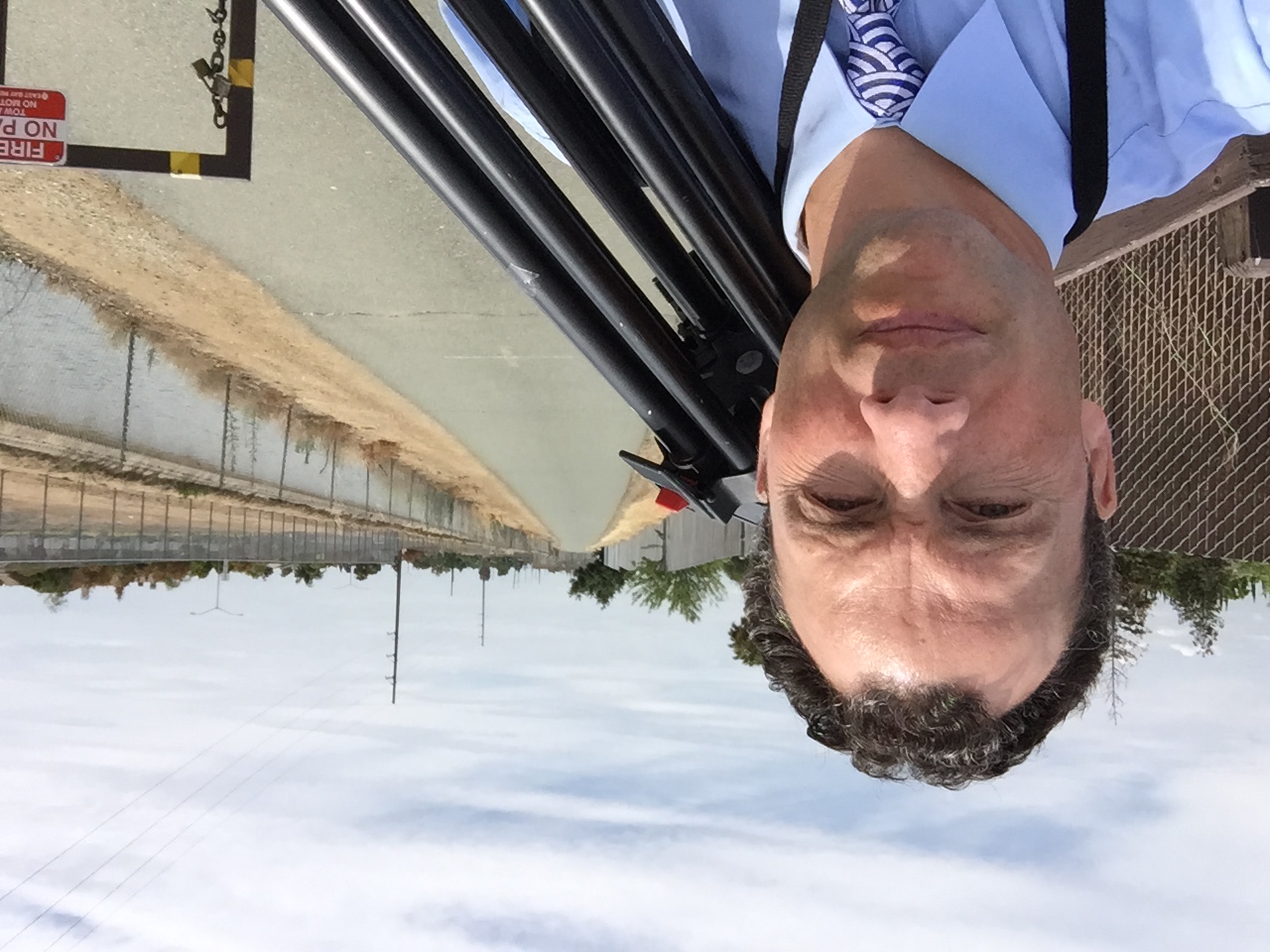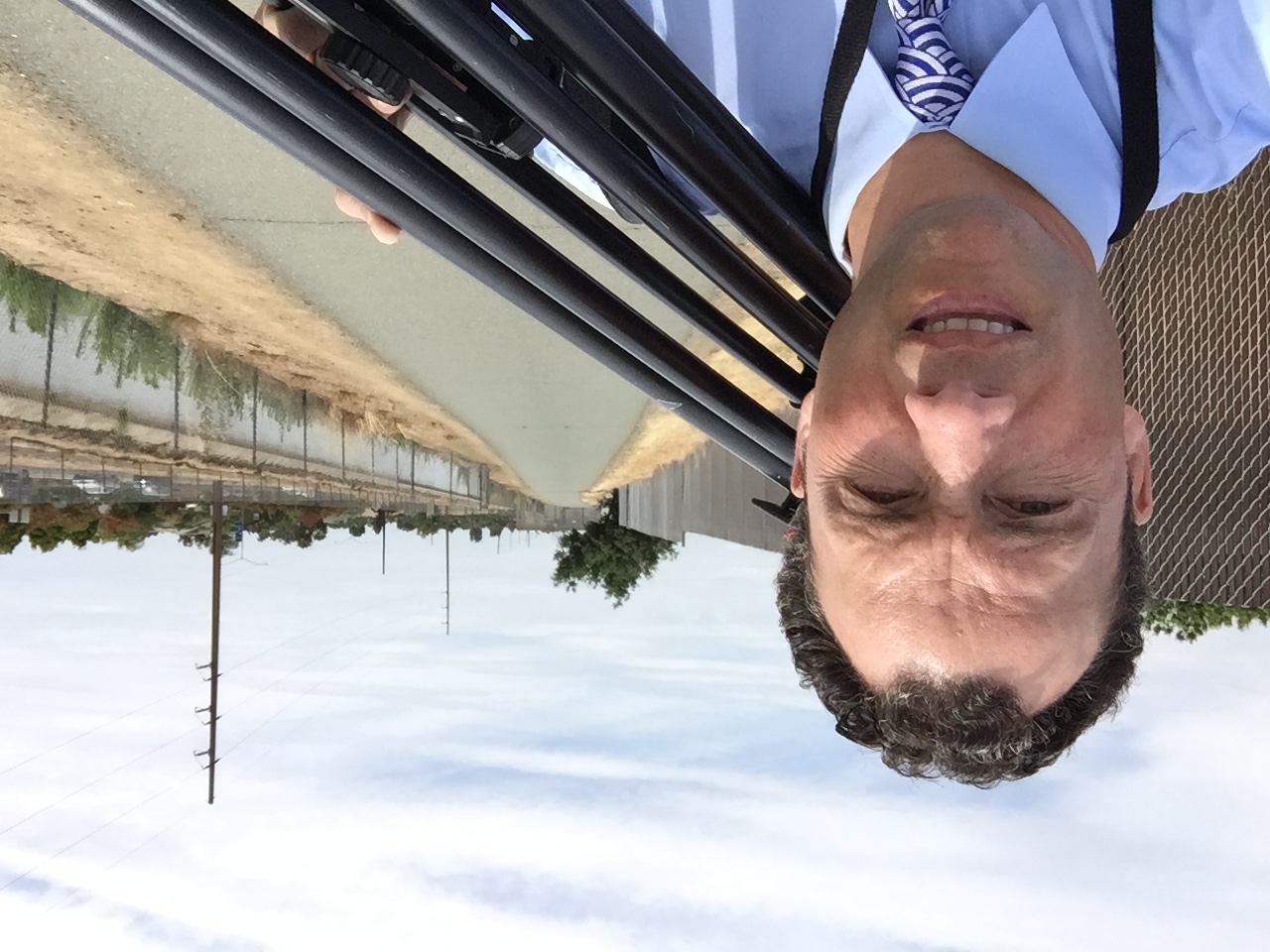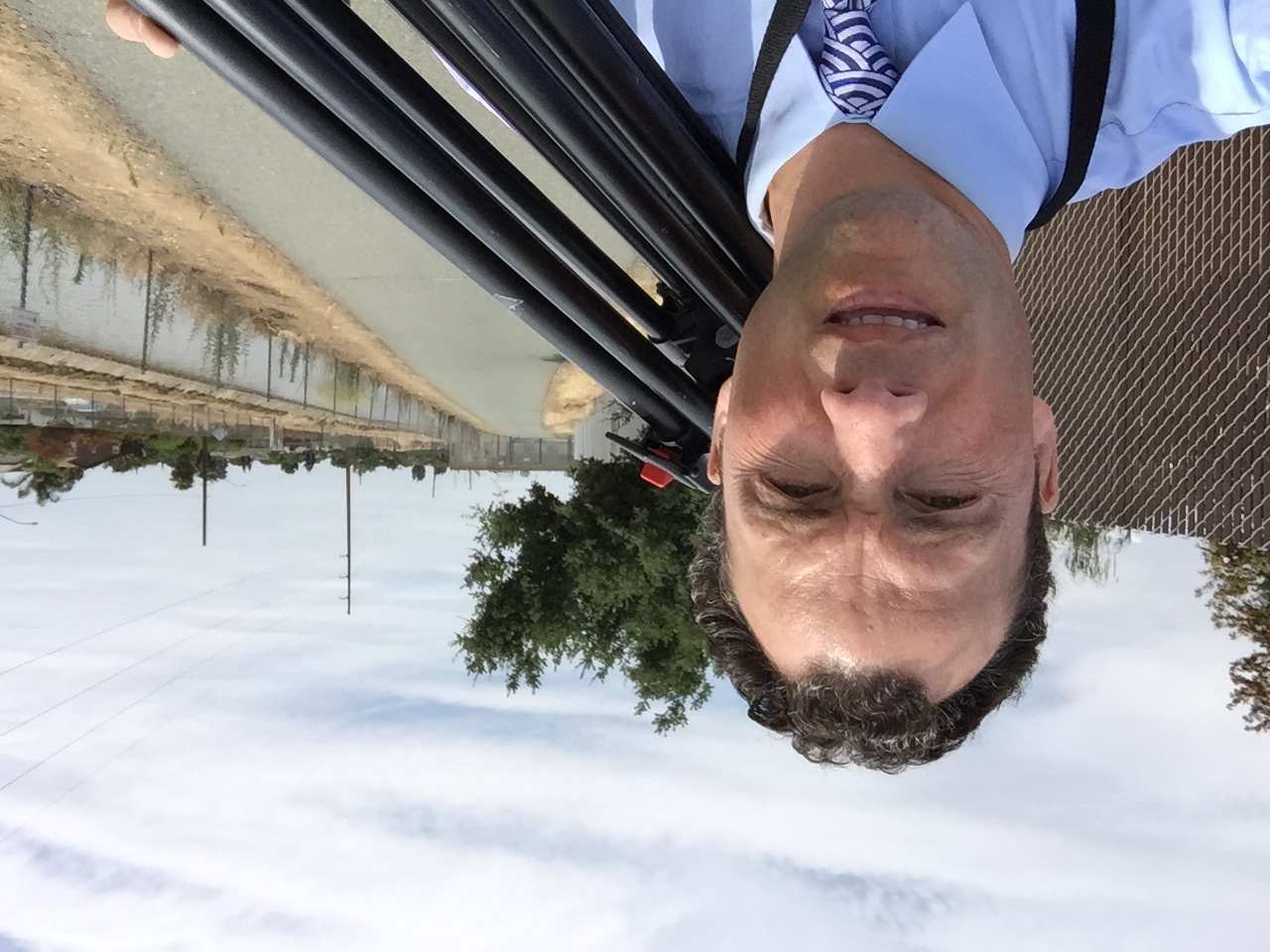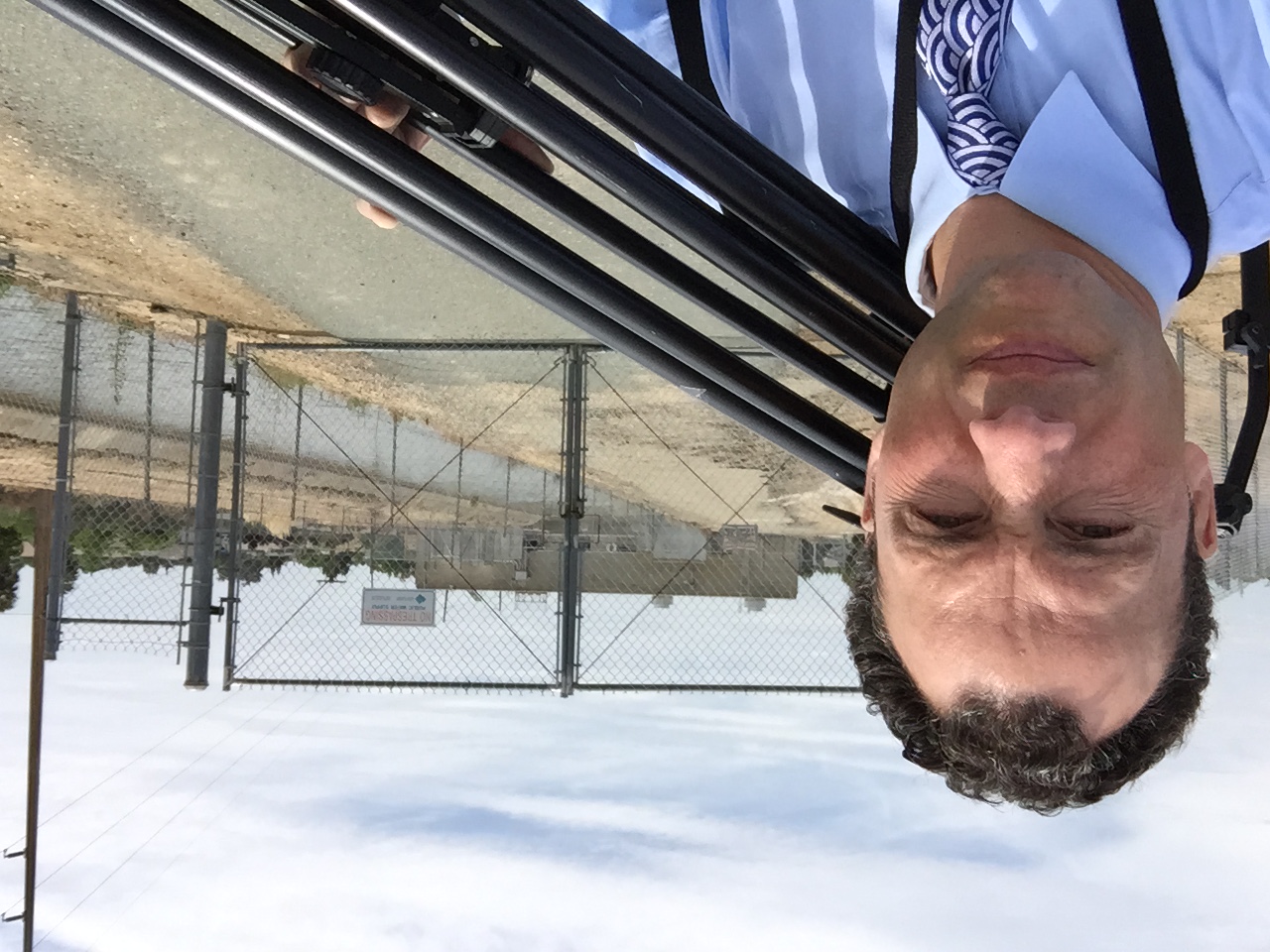The first 30 seconds....
Today's story was, for the third day in a row, about an intruder breaking into a home while the family was still there. Weird - three days in a row. This idea, admittedly, came from the newspaper. I wasn't all that optimistic when I received my assignment, because the father who fought with the intruder refused to give his name to the newspaper reporter. Moreover, assigning me to cover this story was pretty risky, because I had to drive from San Francisco all the way to Oakley. This meant, if the story didn't come through, if the dad wouldn't talk to me on camera, then I would have wasted an hour driving WAY to the east and would be a long way away from potential backup stories in San Francisco.
In the end the story did come through. I talked not only with the dad, but also with his 18-year-old son who actually beat the intruder with a piece of wood to make him let go of dad. Two really great interviews and a good story. But it didn't happen by chance. When I first knocked on the dad's door, he answered with a black eye and other bruises on his face, a result of the fight with the intruder. I had woken him up from a nap and he was also loopy from the pain medication. Not a good way to start asking someone if he wants to be on camera for Channel 5 TV. But I think what convinced him to do it was my professional appearance and demeanor.
Something beginning reporters don't often realize is they have about 30 seconds to establish a rapport with the people they hope to interview. Within that first 30 seconds, they must show they're smart, credible, serious, genuine and able to tell a story accurately. Remember, the people you want to talk to are sizing you up from the second they see you, even before you open your mouth. Therefore, how you dress makes a difference. How you carry yourself makes a difference. What you say and HOW you say it makes all the difference. My approach:
- Be transparent. I hate it when people don't tell me who they are right off the bat, so that's the first thing I say: "Hi, I'm Simon Perez with Channel 5." Wear your station ID on a lanyard so everyone can see it.
- Be polite, be direct and get to the point. "I'd like to talk to you about the intruder who broke in to your house last night."
- Show empathy, but don't be too sappy. "This is the third day in a row I'm covering this kind of story. Isn't that crazy?"
- Understand the public isn't on TV every day and may be a little nervous. Assuage this fear. "We can talk anywhere. I'd just like to chat about what happened. It's all on tape so if we mess up we can start over."
With that, the man agreed to talk to me a couple of hours later, after his son had returned from school. The interview went off without a hitch.
During the couple of hours I waited for the son to come home, I went to shoot some other video for the story. To get that video I had to park on a sidewalk.
This is something beginning reporters must get used to. "The Media" has some privileges when it comes to parking and setting up our equipment. But you must be a little pushy sometimes. I'd never do this with my personal vehicle. However, because the nearest place to park was about half a mile away, I chose this spot. After all, "I'll only be a minute." :)
Moreover, after I parked, I had to walk along the trail to get the video I needed. It was a haul, especially hauling the camera and the tripod. But that's part of the job. MMJs need to be in good physical shape. There's no one to carry the equipment for you, and you need all of it to make the video look good. There's no excuse for not taking the tripod with you. "It's too heavy" just doesn't cut it.
Here's how far I went. Notice the tree over my left shoulder.
Takeaways:
- You've got one chance to make a first impression. Blow it, and your chances for an interview go way down. Get it right, and people will tell you all kinds of things.
- Be a pushy parker.
- Get in shape. Prepare to sweat. Being an MMJ is strenuous.






